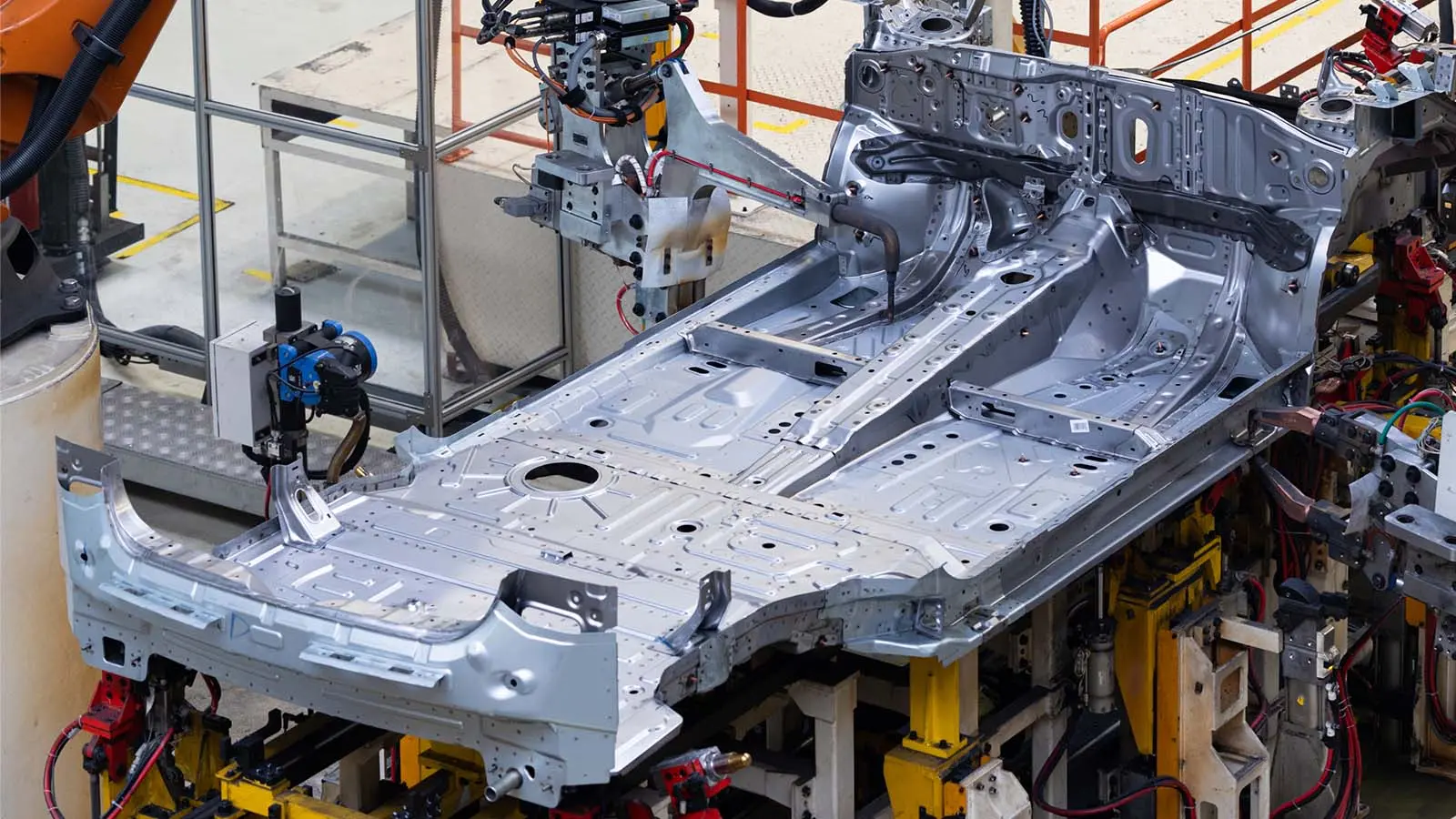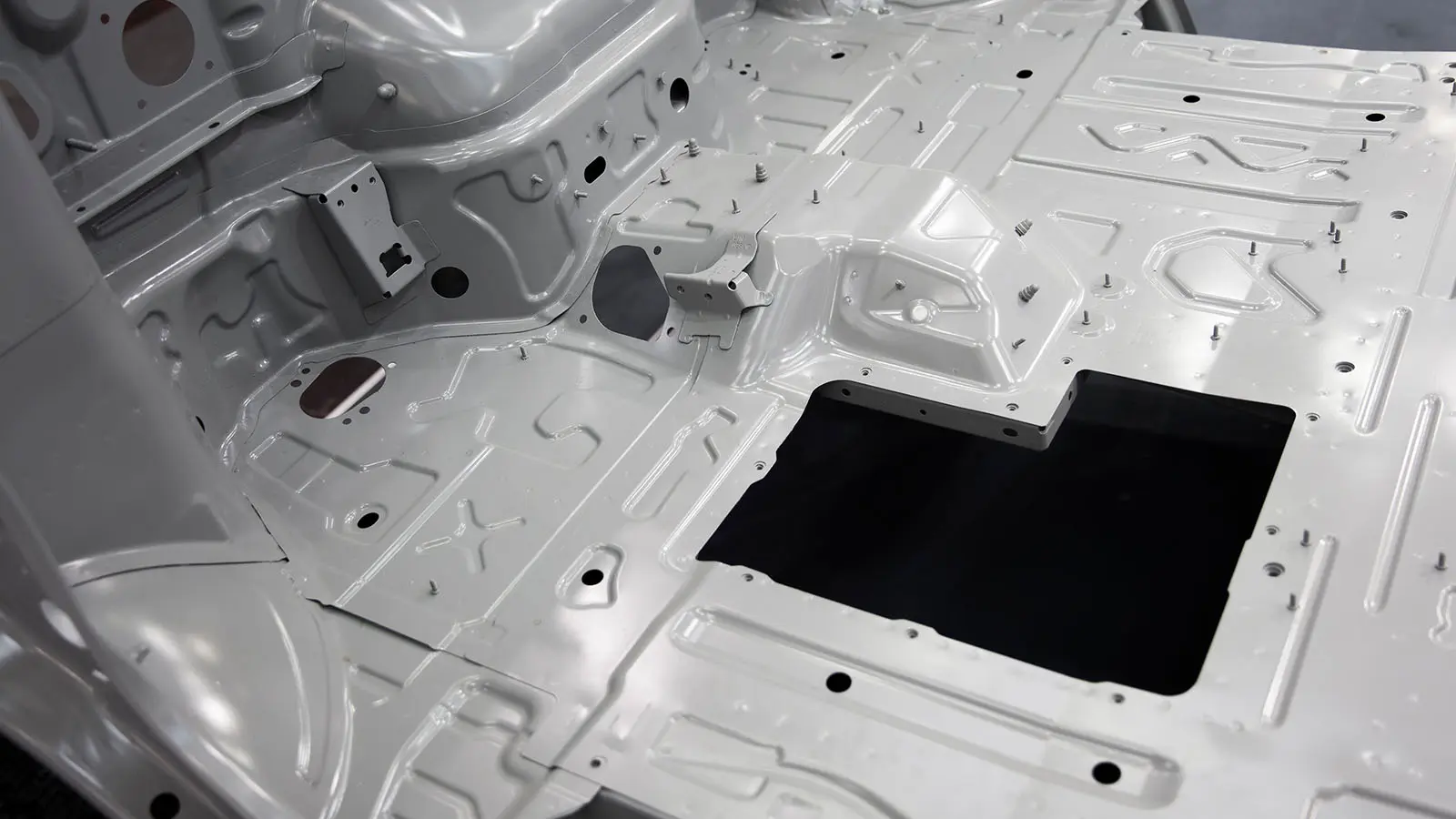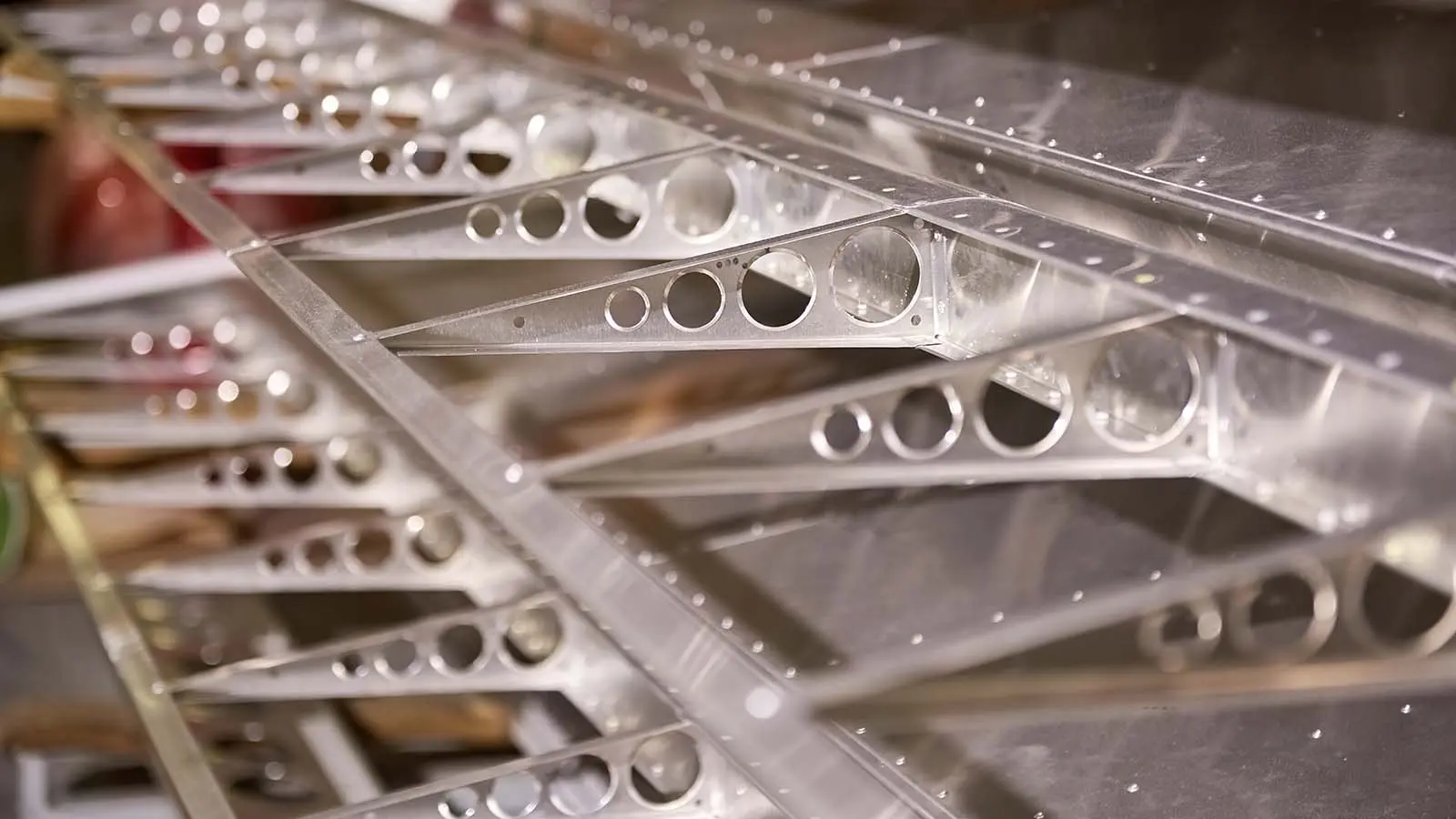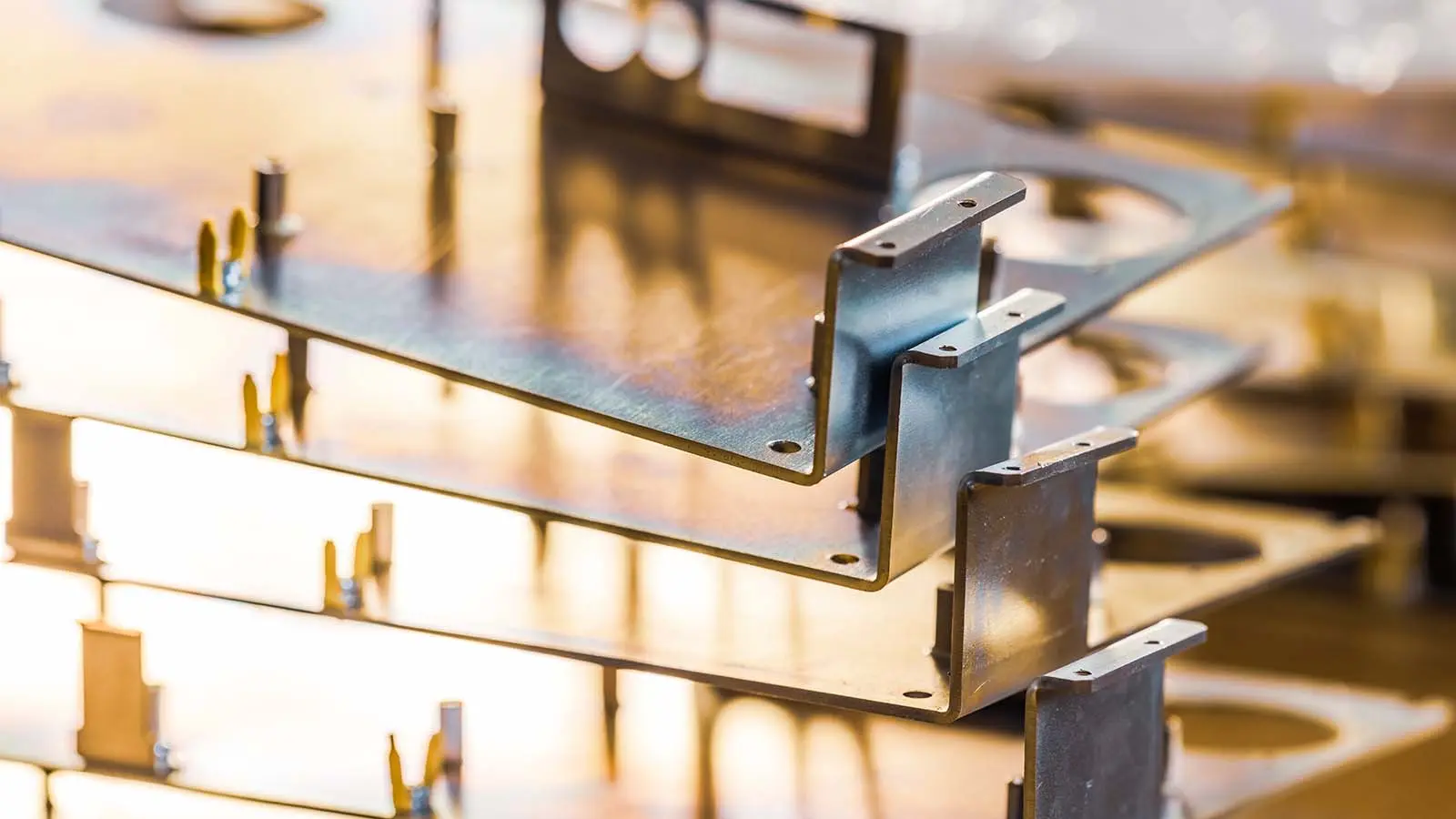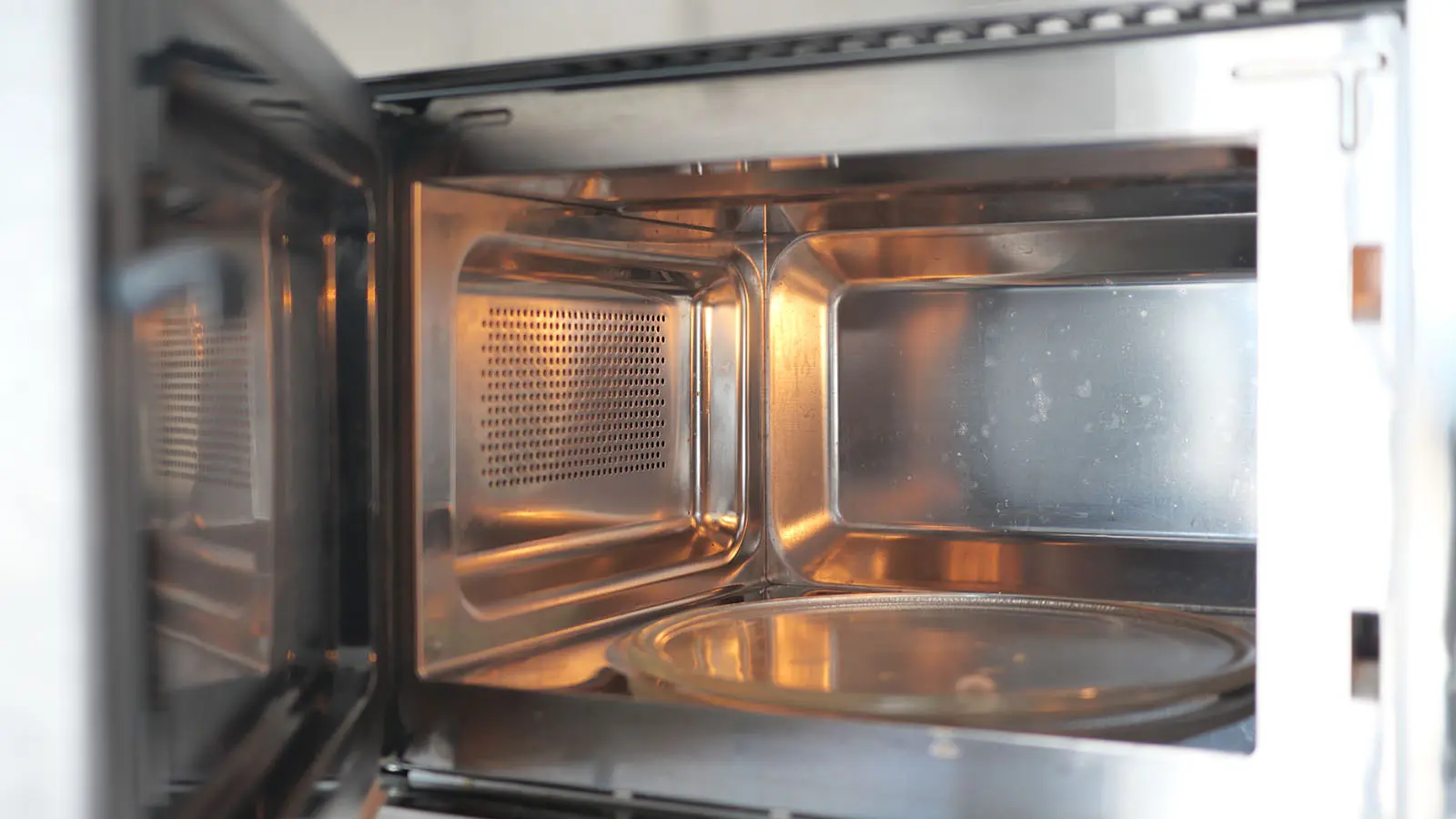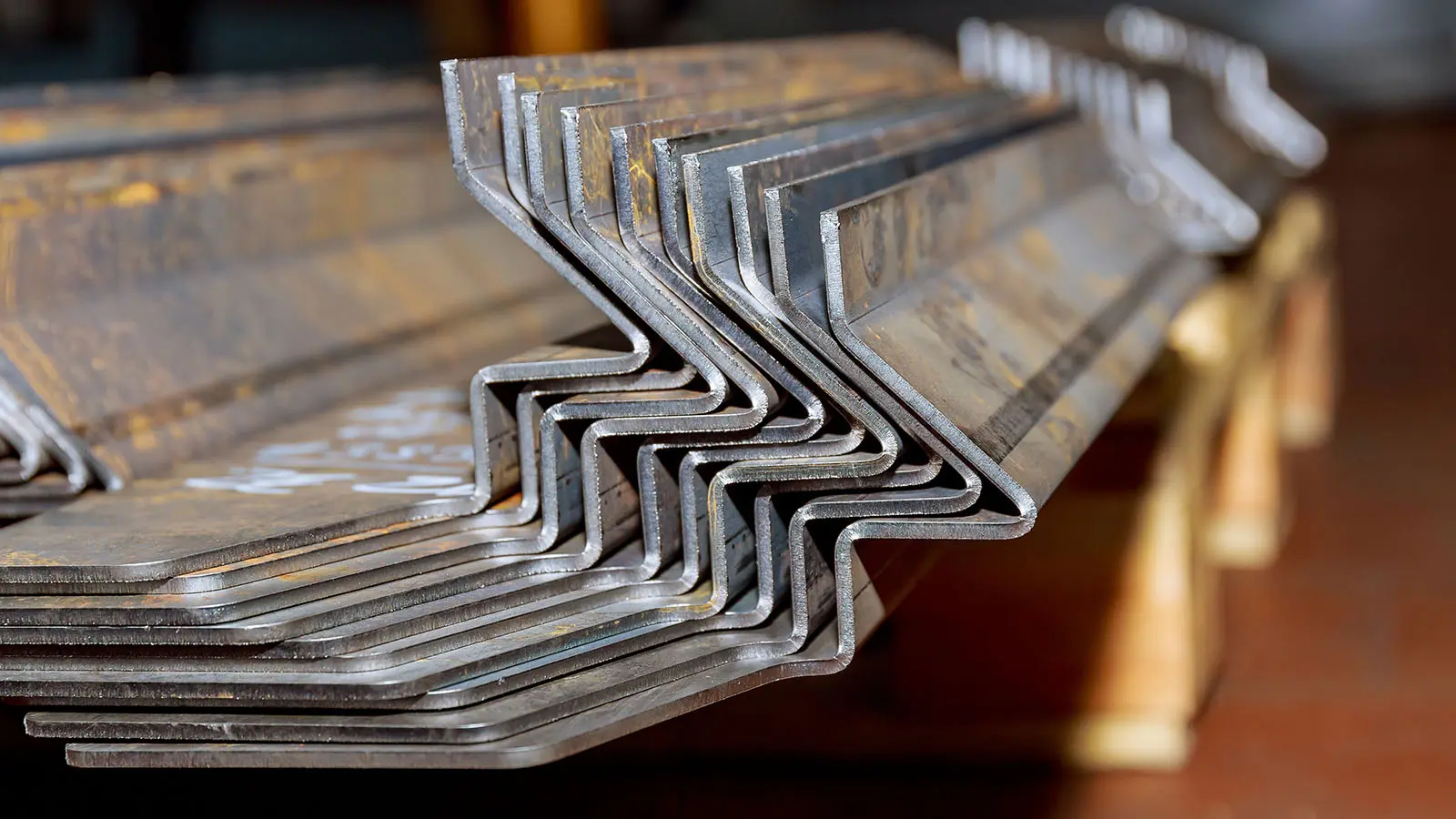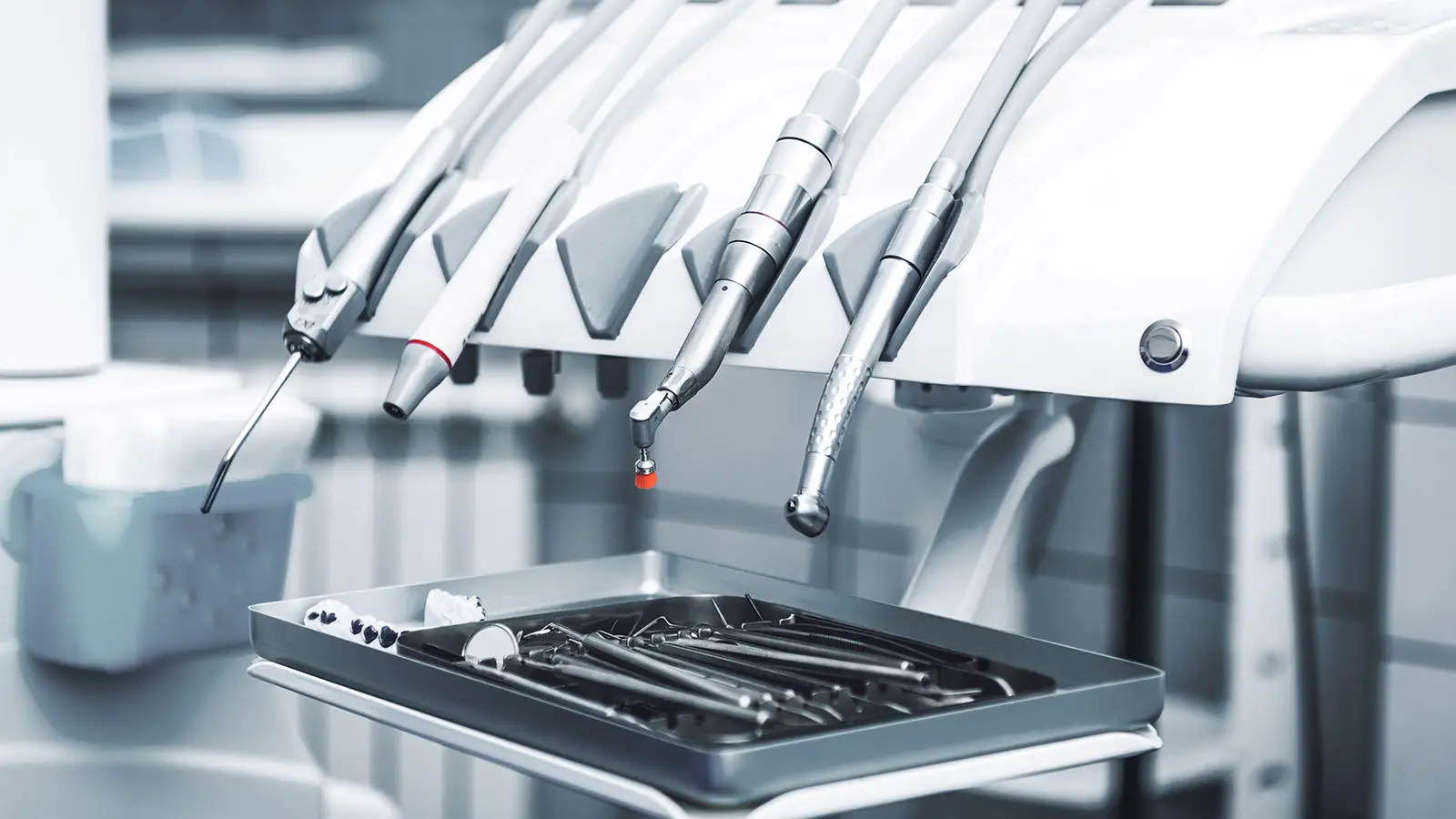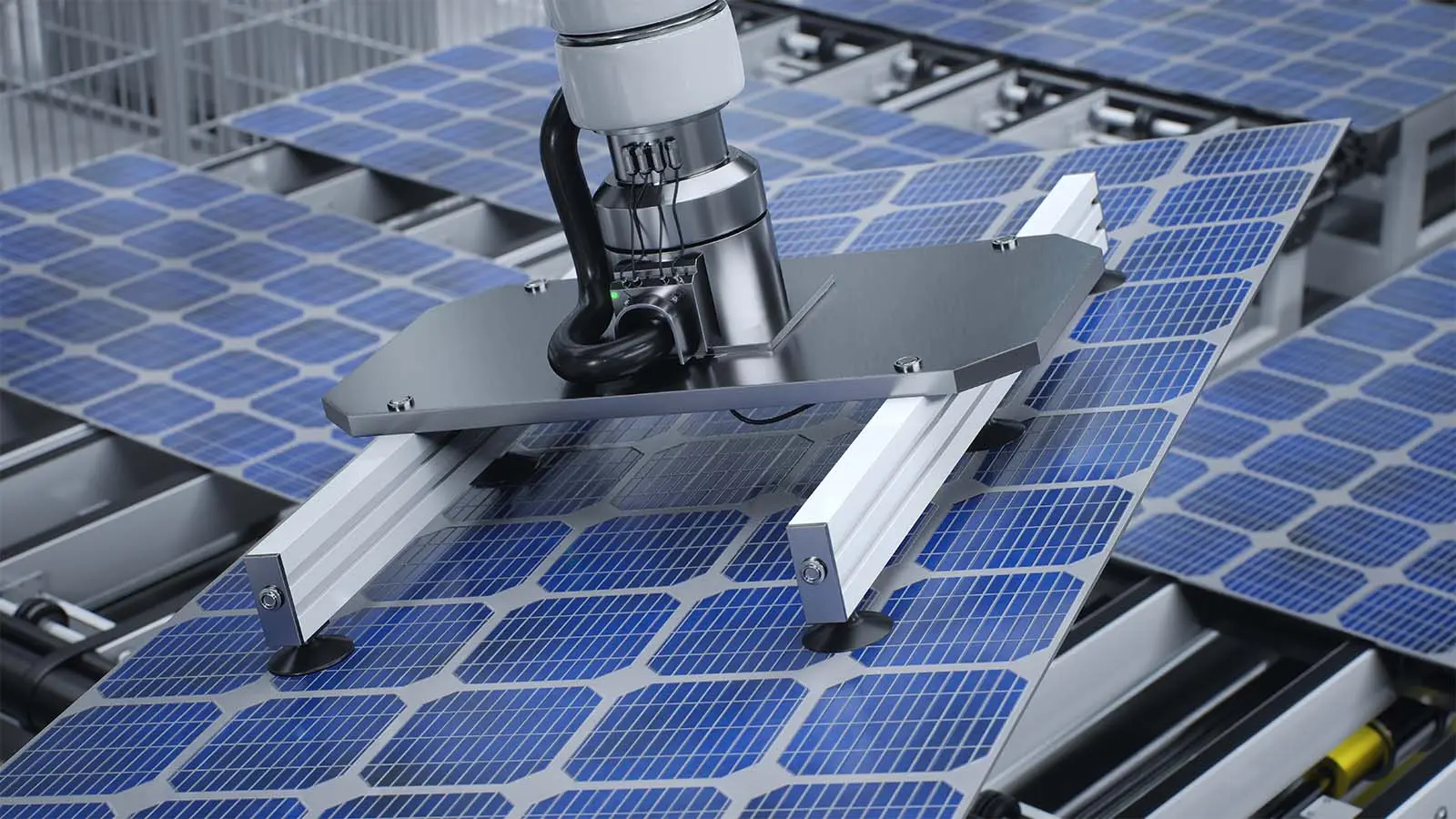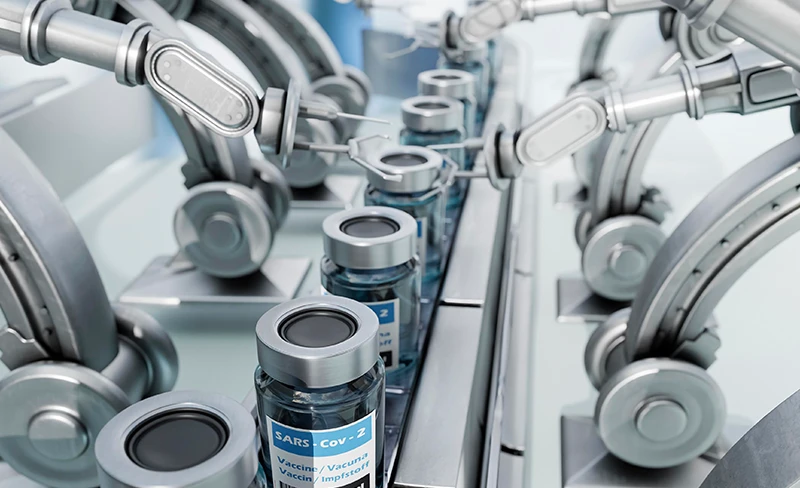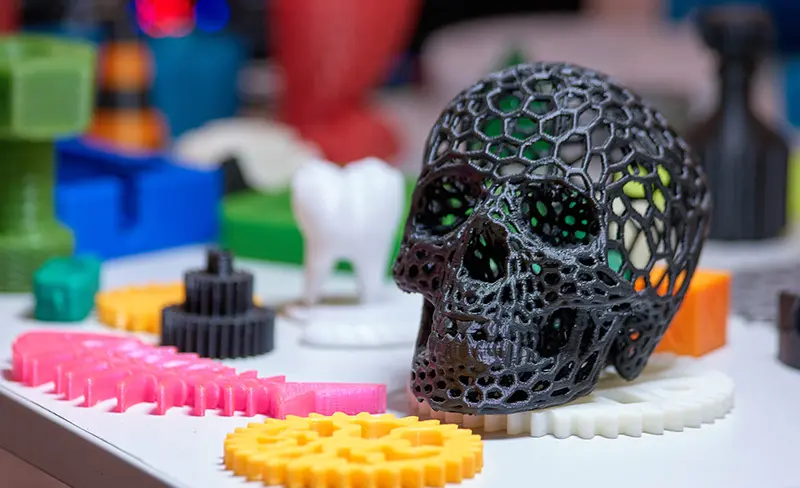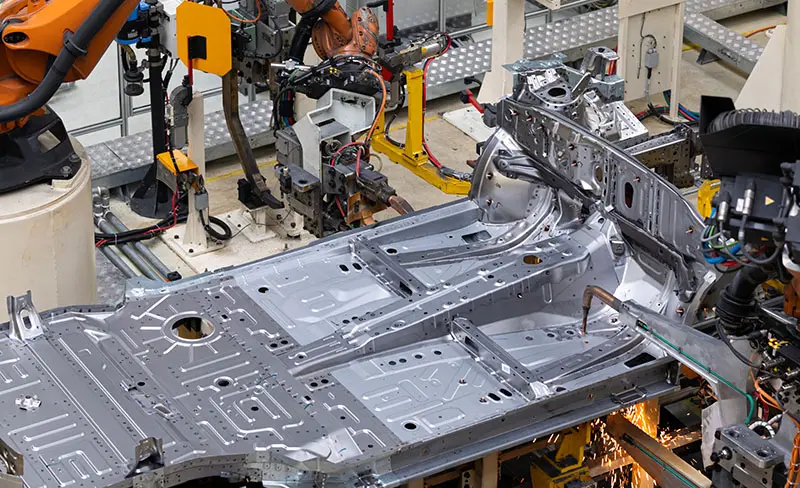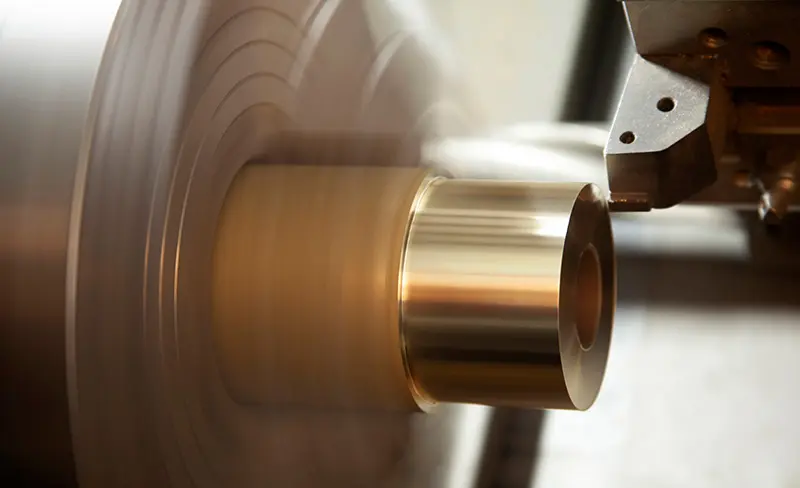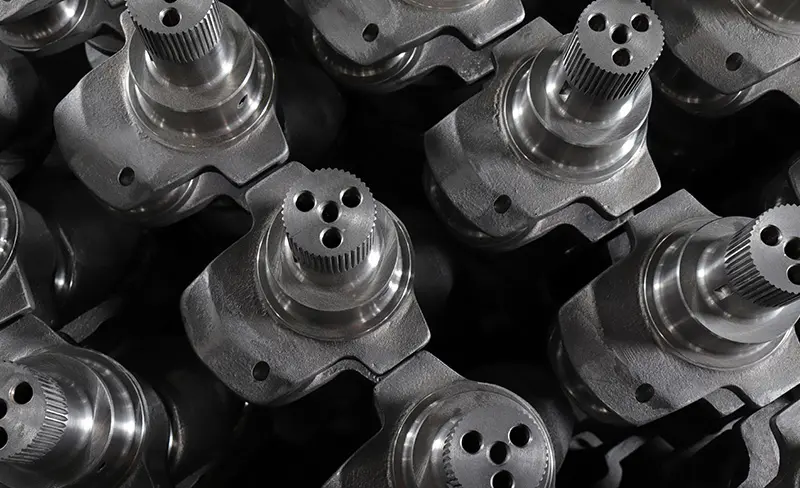Exploring Sheet Metal Fabrication: Applications Across 8 Industries
- Release Date: April 25, 2024
Exploring Sheet Metal Fabrication: Applications Across 8 Industries
Introduction to Sheet Metal Fabrication
Sheet metal fabrication is a manufacturing process that involves cutting, bending, and assembling metal sheets into functional components. Known for its versatility and precision, this process is central to a multitude of industries. Applications range from automotive body panels to aerospace components, electronic casings, medical devices, construction materials, and energy sector custom parts. Its adaptability makes sheet metal fabrication a cornerstone in modern manufacturing.
Automotive Industry
Producing Body Panels and Chassis Components
In the automotive industry, sheet metal fabrication plays a crucial role in producing body panels and chassis components. An example of this application is the manufacturing of car doors, which requires the metal to be precisely cut, bent, and shaped to achieve the desired form and fit. The process ensures that the panels are lightweight, yet strong and durable, contributing to the vehicle’s overall performance and safety. The use of advanced materials and techniques allows for the creation of complex curves and aerodynamic designs, enhancing the car’s aesthetics and efficiency.
Utilizing New Technologies and Materials for Aerodynamics and Strength
Sheet metal fabrication increasingly utilizes new technologies and advanced materials to enhance the aerodynamics and structural strength of components. For instance, in the automotive sector, high-strength steel alloys and aluminum alloys are employed to fabricate streamlined body panels. These materials, combined with computer-aided design (CAD) and computer-aided manufacturing (CAM) software, allow manufacturers to create parts with complex curves and angles that improve a vehicle’s aerodynamic performance, leading to better fuel efficiency and handling.
Aerospace Applications
Widespread Use in Aviation Manufacturing
Sheet metal fabrication is extensively utilized in aviation manufacturing, where high-strength and lightweight components are paramount. An example of its application is in the production of aircraft wings, which require intricate shaping and precise engineering to ensure optimal aerodynamics and structural integrity. The use of advanced sheet metal materials, such as aluminum and titanium alloys, combined with state-of-the-art fabrication techniques, allows for the creation of these critical flight components, contributing significantly to the performance and safety of modern aircraft.
Supporting Industrial Machinery, Construction, and Defense
Sheet metal supports play a crucial role in industrial machinery, construction, and defense applications. For instance, in industrial machinery, sheet metal brackets and mounts provide structural support and alignment for heavy equipment components, ensuring stability and operational efficiency. In construction, sheet metal beams and frames form the structural backbone of buildings and infrastructure, offering strength and durability in various weather conditions. Similarly, in defense applications, sheet metal armor plating reinforces military vehicles and equipment, providing protection against ballistic threats while maintaining mobility and maneuverability on the battlefield.
Electronics and Communications
Rapid Growth in the Communications and Electronics Sectors
The rapid expansion of the electronics and communications sectors has led to a surge in demand for sheet metal components. As consumer electronics evolve and communication technologies advance, there is a growing need for precise, lightweight, and durable sheet metal parts such as enclosures, casings, and brackets. These components are integral to the production of smartphones, tablets, networking equipment, and IoT devices, supporting the seamless integration of advanced electronic systems into everyday life and facilitating the global connectivity revolution.
The Role of Sheet Metal in Modern Telecommunications Infrastructure
Sheet metal plays a vital role in creating the infrastructure for modern telecommunications. From cell towers to network equipment, sheet metal components provide the structural support, durability, and protection necessary for reliable communication networks. Cell towers rely on sheet metal platforms and enclosures to support antennas and equipment, ensuring signal transmission and reception. Network equipment such as cabinets and enclosures are fabricated from sheet metal to house critical telecommunications infrastructure, safeguarding sensitive electronic components from environmental elements and physical damage. In essence, sheet metal forms the backbone of modern telecommunications infrastructure, enabling global connectivity and communication.
Home Appliance Industry
Sheet metal is extensively utilized in the design and manufacturing of home appliances, meeting both aesthetic and functional demands. From sleek stainless steel finishes to custom-formed panels, sheet metal offers versatility in creating visually appealing designs that complement modern kitchen and household aesthetics. Additionally, its formability and durability make it ideal for crafting structural components, such as oven enclosures and refrigerator shelves, ensuring longevity and reliability in consumer products. Sheet Metal’s ability to balance aesthetics with functionality enhances the overall appeal and performance of home appliances, satisfying consumer preferences for both style and substance.
Construction Sector
Sheet metal finds broad application in construction and architecture, serving diverse purposes from roofing and cladding to structural components and decorative features. As a roofing material, sheet metal offers durability, weather resistance, and versatility in design. It is also commonly used for cladding exterior facades, providing both aesthetic appeal and protection from the elements. Additionally, sheet metal is utilized in the fabrication of structural components such as beams and columns, contributing to the strength and stability of buildings. Its malleability allows for the creation of intricate decorative features, enhancing the architectural character of structures.
Medical Industry
Sheet metal is integral to the medical industry, particularly in the production of precision medical devices and equipment that require both accuracy and sterility. From surgical instruments to diagnostic devices, sheet metal components are essential for maintaining stringent quality standards and ensuring patient safety. Medical-grade stainless steel is commonly used for its durability, corrosion resistance, and biocompatibility, making it suitable for applications where precision and sterility are paramount. Sheet metal fabrication techniques enable the production of complex shapes and configurations necessary for various medical instruments, contributing to advancements in healthcare technology and patient care.
New Energy Vehicles
Sheet metal plays a critical role in the emerging industries of lithium batteries and electric vehicles, contributing to the production of battery casings, vehicle frames, and other essential components. In lithium battery manufacturing, sheet metal is utilized to fabricate sturdy casings that protect the delicate internal components while providing thermal management. Similarly, in electric vehicles, sheet metal forms the structural backbone of vehicle frames, ensuring stability and safety. Additionally, sheet metal components such as brackets and enclosures are essential for housing electronic systems and supporting various vehicle functionalities, highlighting its significance in the transition towards sustainable transportation solutions.
Energy Industry
Custom sheet metal fabrication plays a pivotal role in the energy sector, facilitating the development of renewable energy infrastructure. In solar energy applications, sheet metal is used to create mounting systems that securely hold solar panels in place, optimizing their exposure to sunlight. Similarly, in wind energy, custom sheet metal components are essential for manufacturing wind turbine structures and components. Moreover, in traditional power plants, sheet metal fabrication is utilized to produce custom components for various systems, contributing to the efficient generation and distribution of energy across diverse sources and technologies.
Conclusion
Try NOWfab Now!
All information and uploads are secure and confidential.
Latest Blog Posts
Stay at the forefront of industry innovation by reading our latest blog post.
